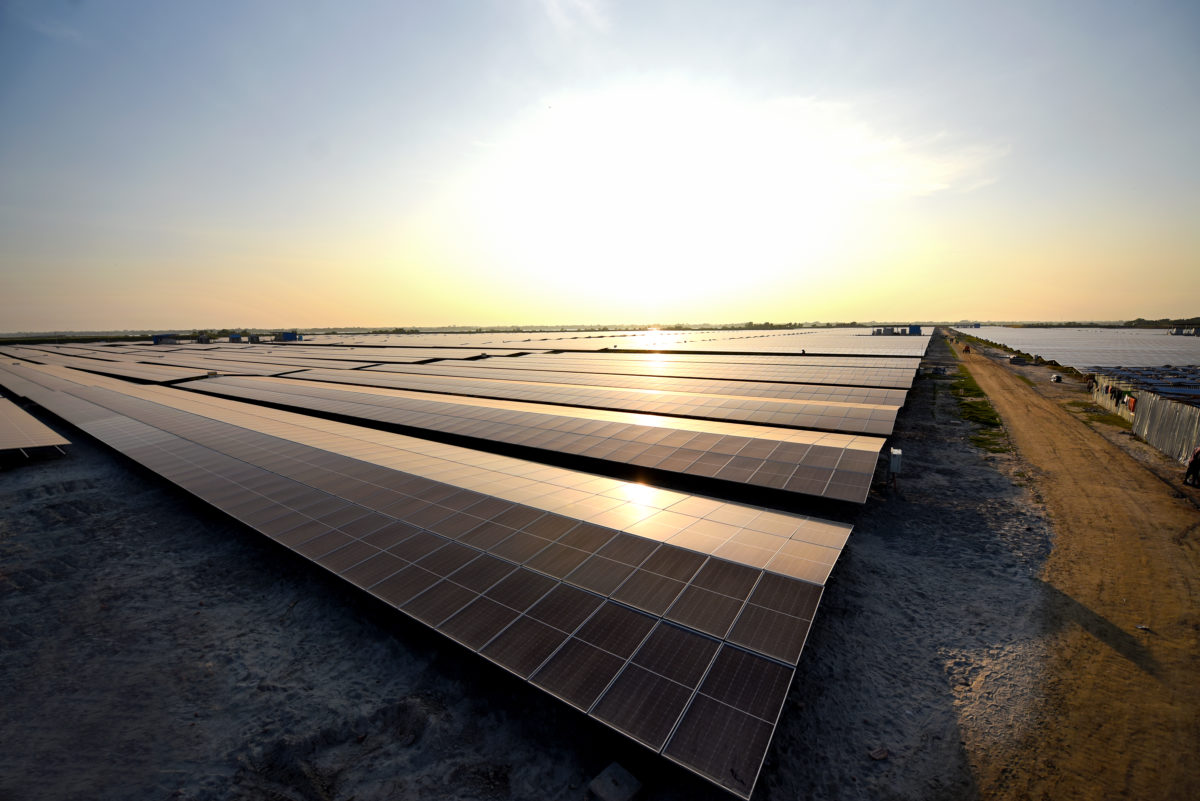The repayment period of the loan is 18 years, including a five-year grace period. Bangladesh will have to pay a 0.25% fee and a 0.25% commitment fee per annum for the portion of the total that is not withdrawn. The interest rate is 0.60% plus the variable borrowing cost margin of the AIIB.
Infrastructure Development Co. Ltd. (IDCOL), a Bangladeshi state-owned investor, will lend the funds to support renewable energy, energy efficiency, and social infrastructure projects. By borrowing loans from the Bangladeshi government and international sources, the IDCOL provides low-cost loans to renewable energy sector.
In addition to larger plants, IDCOL is now promoting rooftop solar power installations, especially on top of apparel factories. Thus far, it has approved loans for 41 factories, with a total generation capacity of 50 MW. It has set a target to provide enough funds to support the deployment of 300 MWp of rooftop solar capacity by the end of this year.
About 19.5 MW of rooftop solar plants have already been installed and switched on. One of the biggest ones is a 3.1 MWp array, while the smallest one is of a 324 KWp installation.
Popular content
IDCOL provides 80% of a project's funds at low cost. The rest is being handled by the customers. About $700,000 is needed to set up a 1 MW rooftop solar power system. The cost of each unit of electricity generated from a rooftop solar power system is lower than the electricity the factory owners get from the power grid. IDCOL also provide funds to set up solar minigrids, solar home systems, solar-run irrigation pumps, and solar street lights.
Bangladesh currently has the capacity to generate 787 MW of renewable energy, of which 553 MW comes from solar. The country is aiming to generate 40% of its total electricity from renewable sources by 2041.
This content is protected by copyright and may not be reused. If you want to cooperate with us and would like to reuse some of our content, please contact: editors@pv-magazine.com.


Here in Bangladesh, we have built a large ship, 60 feet by 20 feet, capable to carry 50 people each time all day as the ship is 100% powered by the sun.
We have made a 100% solar powered ship here in Bangladesh.